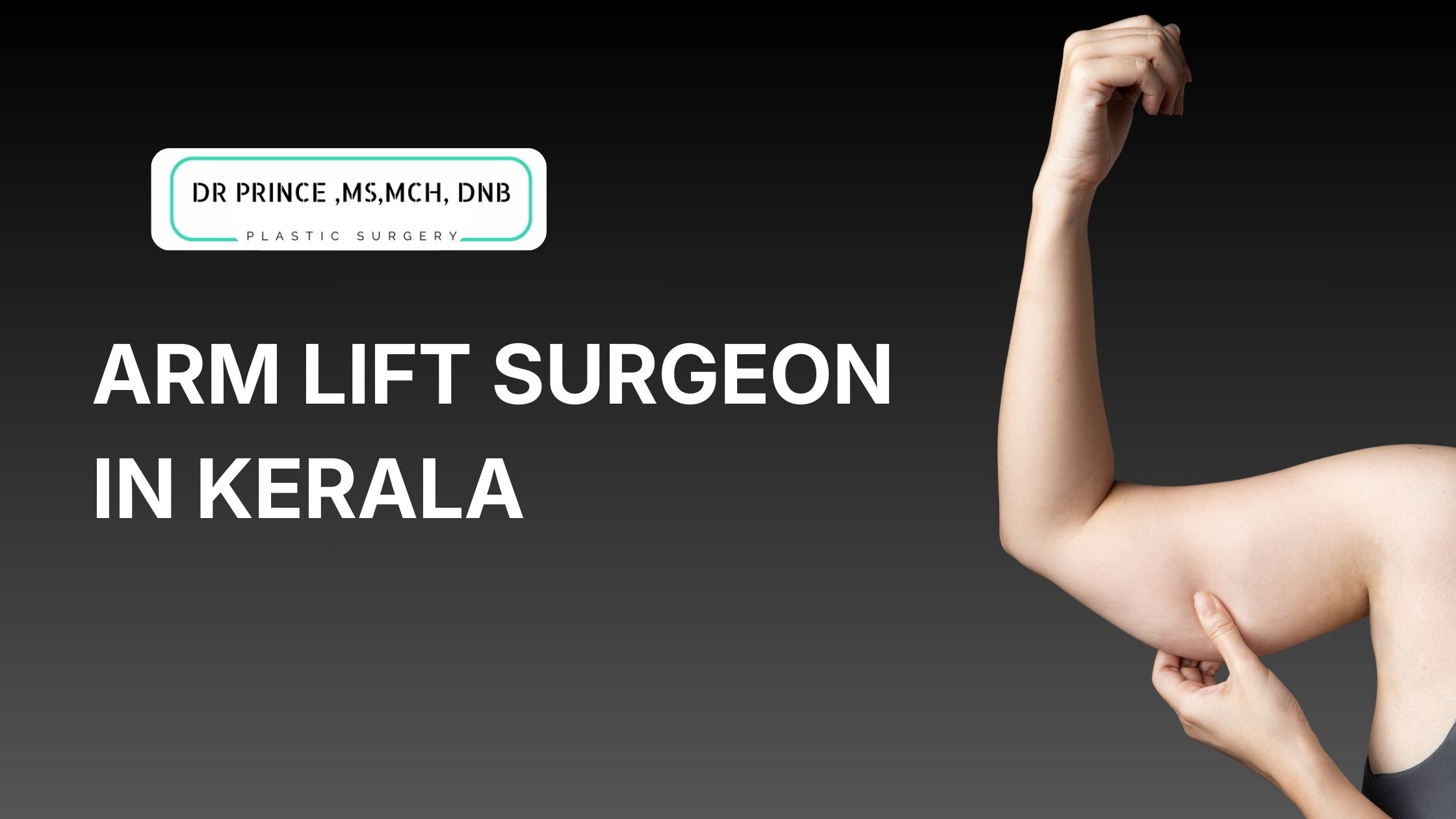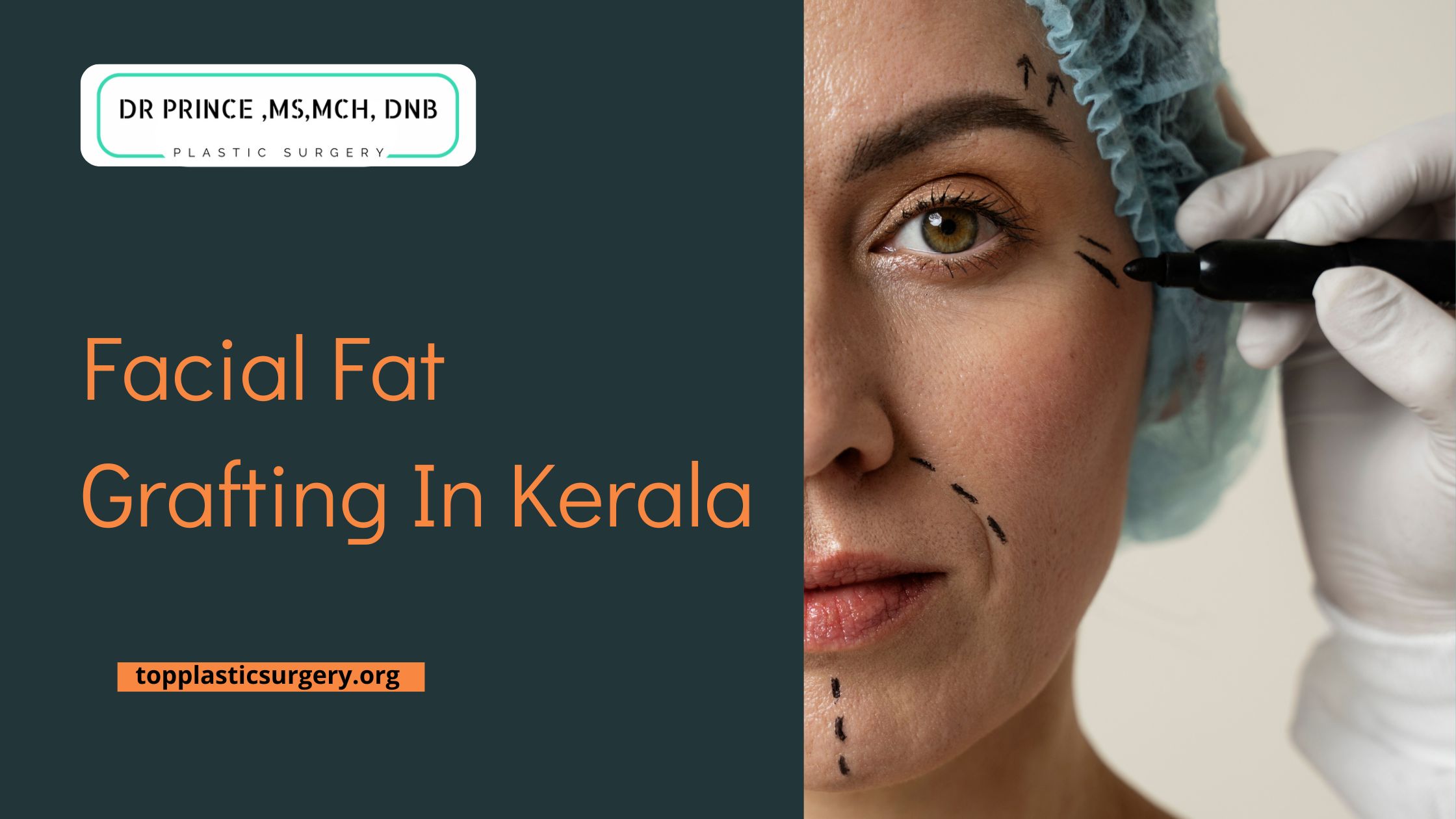Overview:
Brachial plexus injury refers to damage occurring to the network of nerves responsible for controlling arm and hand movements. This complex network, known as the brachial plexus, is susceptible to injury, impacting motor and sensory functions. Dr. Prince, a leading expert in brachial plexus surgery in Kerala, specializes in addressing these injuries with precision.
Symptoms:
- Weakness or paralysis in the arm
- Lack of muscle control in the hand, wrist, or arm
- Loss of sensation or numbness
- Pain or discomfort
- Impaired reflexes
Causes:
Brachial plexus injuries often result from trauma, such as:
- Motor vehicle accidents
- Sport-related injuries
- Birth injuries (leading to conditions like Erb’s palsy)
- Tumor growth affecting the brachial plexus
- Surgical complications
Risk factors:
Certain factors may increase the likelihood of brachial plexus injury:
- Difficult childbirth (increasing the risk of Erb’s palsy)
- Participation in high-impact sports
- Traumatic accidents
Complications:
Untreated brachial plexus injuries can lead to:
- Chronic pain
- Limited mobility or function in the affected arm
- Muscle atrophy
- Joint contractures
Prevention:
While not all brachial plexus injuries are preventable, some measures can reduce the risk:
- Ensuring proper childbirth practices to minimize birth injuries
- Using protective gear during high-impact sports
- Exercising caution and practicing safety in daily activities
Brachial Plexus Surgery in Kerala:
Dr. Prince, a distinguished brachial plexus surgeon in Kerala, specializes in comprehensive care for these injuries. His expertise includes addressing Erb’s palsy, brachial plexus nerves injuries, and other related conditions. With a commitment to precision and patient-centric care, Dr. Prince ensures personalized treatment plans for optimal recovery.
Erb's Palsy:
Erb’s palsy is a specific type of brachial plexus injury often occurring during childbirth. It leads to weakness or paralysis in the arm, impacting a child’s early development. Dr. Prince’s proficiency in pediatric brachial plexus surgery makes him a trusted choice for addressing Erb’s palsy in Kerala.
Erb Duchenne Palsy:
Also known as Duchenne palsy, this condition involves paralysis or weakness in the upper arm muscles. Dr. Prince’s expertise extends to the nuanced care required for Erb Duchenne Palsy, ensuring a comprehensive approach for optimal outcomes.
Brachial Plexus Nerves:
Understanding the intricate network of brachial plexus nerves is crucial in diagnosing and treating related injuries. Dr. Prince’s in-depth knowledge and experience in nerve-related surgeries make him a reliable choice for addressing brachial plexus nerve conditions.
Erb's Palsy Brachial Plexus Injury:
Erb’s palsy is a common consequence of brachial plexus injury during childbirth. Dr. Prince’s specialized approach involves tailored interventions, addressing the unique challenges posed by Erb’s palsy brachial plexus injuries.
Erb's Paralysis & Duchenne Palsy:
Erb’s paralysis and Duchenne palsy require meticulous care and expertise. Dr. Prince’s commitment to patient well-being ensures a compassionate and effective approach to managing these conditions.
This comprehensive guide aims to provide valuable insights into brachial plexus injuries, emphasizing Dr. Prince’s specialized care in Kerala. For personalized consultations and expert guidance, contact Dr. Prince’s office today.
FAQs about Brachial Plexus Injury and Surgery:
Q1: What is a brachial plexus injury, and how does it occur?
A1: A brachial plexus injury involves damage to the network of nerves controlling arm and hand movements. It often occurs due to trauma, such as motor vehicle accidents, sports injuries, or complications during childbirth.
Q2: What are the common symptoms of a brachial plexus injury?
A2: Symptoms may include weakness or paralysis in the arm, loss of muscle control, numbness, pain, and impaired reflexes.
Q3: Can adults also experience brachial plexus injuries, or is it primarily a birth-related condition?
A3: While birth injuries contribute to brachial plexus injuries, adults can experience them through accidents, sports injuries, or other trauma.
Q4: How is Erb's palsy related to brachial plexus injuries, and can it be treated?
A4: Erb's palsy is a type of brachial plexus injury often occurring during childbirth. Dr. Prince specializes in treating Erb's palsy through surgical interventions and rehabilitative measures.
Q5: What complications can arise if a brachial plexus injury is left untreated?
A5: Untreated brachial plexus injuries can lead to chronic pain, limited mobility, muscle atrophy, and joint contractures.
Q6: What is the role of a brachial plexus surgeon in addressing these injuries?
A6: A brachial plexus surgeon, like Dr. Prince, specializes in diagnosing and treating these injuries. Surgical interventions may include nerve grafts, transfers, or reconstructions.
Q7: How long is the recovery period after brachial plexus surgery?
A7: Recovery varies, but patients can typically return to light activities within a few weeks. Full recovery may take several months, depending on the severity of the injury and the surgical procedures performed.
Q8: Are there any preventive measures for avoiding brachial plexus injuries?Title
A8: While not all injuries are preventable, using protective gear during activities, practicing safety, and ensuring proper childbirth practices can reduce the risk.
Q9: What sets Dr. Prince apart as a brachial plexus surgeon in Kerala?
A9: Dr. Prince's expertise lies in comprehensive care for brachial plexus injuries, including Erb's palsy. His commitment to precision and patient-centric care ensures optimal outcomes.
Q10: How can individuals schedule a consultation with Dr. Prince for brachial plexus concerns?Title
A10: To schedule a consultation with Dr. Prince, individuals can contact his office directly, and the team will assist in booking appointments and addressing inquiries.










